Should we be washing our recyclable material before putting it in the recycling bin?
Recycling is about saving resources, so it's counterproductive to use lots of water in the process. On the other hand, we want to avoid contaminated recycling to ensure our efforts are worth it.
Fortunately, it's possible to strike a happy medium.
What is recycling contamination?
Recycling contamination occurs when we put the wrong items in our recycling bin. This usually happens in one of two ways:
- When materials are put into the wrong recycling bin, e.g. adding crisp packets to plastics recycling. (Check out First Mile’s free recycling posters to find out what goes where)
- When materials aren’t cleaned properly, e.g. throwing a greasy pizza box containing half-eaten crusts in with mixed recycling
How should you clean your recycling?
Because all the recycling waste gets rinsed at the recycling facility before being processed, there's no need to scrub items until they're sparkling clean.
In fact, when you consider that running a tap for just one minute uses six litres of water it's best to avoid using water for your recyclable materials as much as possible.
All you actually need to do is scrape out any excess food residue with a dirty utensil or used cloth. This way there's no need to use any water. Any leftover food can be emptied into your food-recycling bin.
For example, if you've just eaten a yoghurt, use your spoon to scrape any leftover yoghurt into your food recycling, then add the pot to your recycling bin. No rinsing required!
However, make sure you don't throw leftovers like unfinished tins of baked beans, pizza boxes with half-eaten pizza or other food residue left inside containers into your recycling bins.
Earlier this year, Southwark Council reported finding items such as half-full glass jars of sauce, unemptied household cleaning bottles and cans of fizzy drink in their local recycling collections.
They estimated that 20% of the wrong items in their recycling bins was either food, or food and drink packaging that hadn't been emptied or cleaned.
If you have an awkwardly shaped container, such as a ketchup bottle, you can just add a small amount of water, put the lid back on and give it a shake. This will make it clean enough without using excess water.
How do you clean different materials?
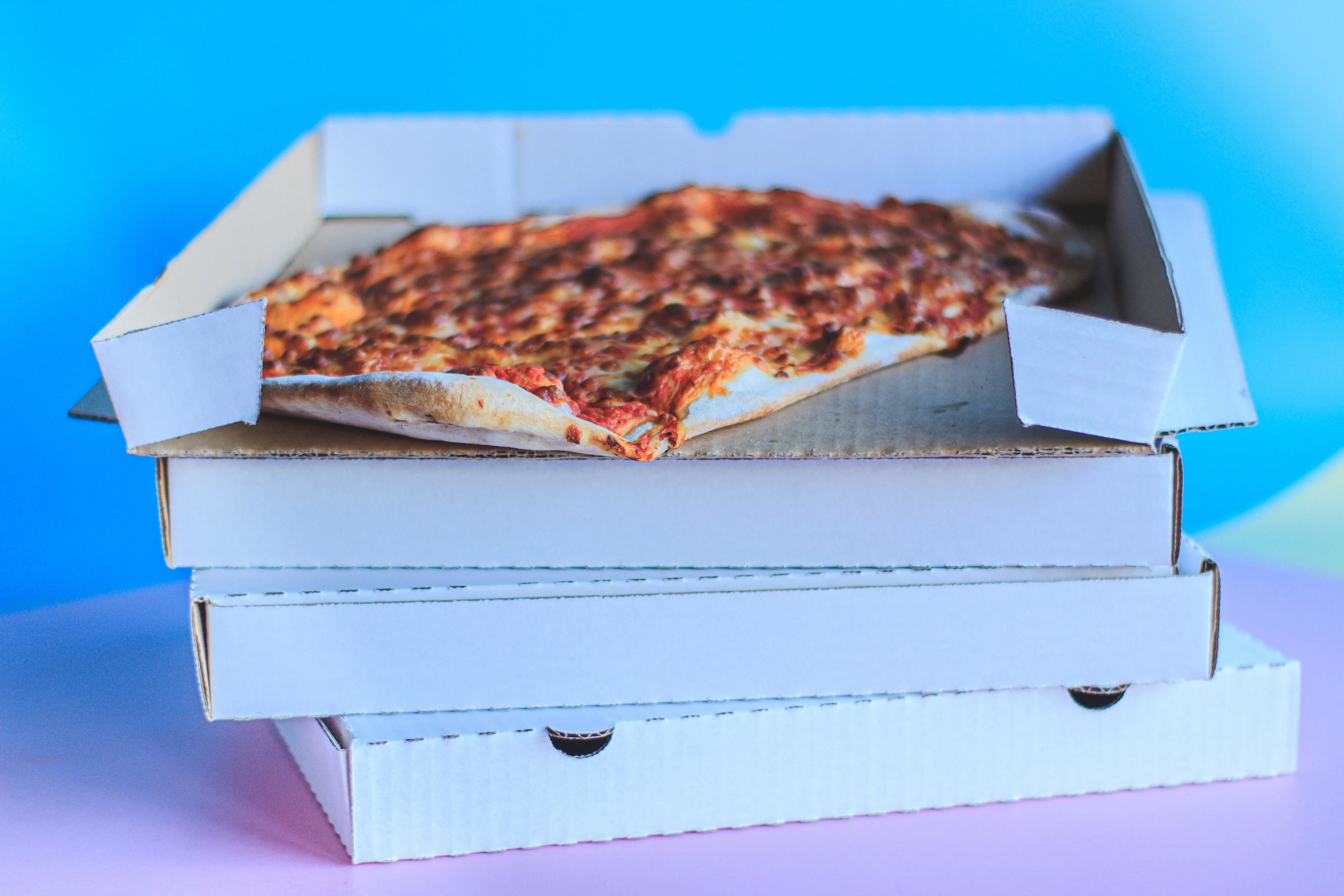
Cardboard, including pizza boxes
Only recycle clean cardboard. Put any food- or paint-stained cardboard into general waste.
Pizza boxes: scrape off any food into your food waste bin, then put the pizza box into your household waste recycling, mixed recycling or cardboard recycling. Don't worry about small amounts of oil, as the box will be rinsed at the material recycling facility. If the box is too greasy, rip the lid off and then just recycle that. Add the greasy bit to your general waste.

Food tins, such as soup, tinned tomatoes and pulses
Empty and scrape, as above, then put the lids inside the tins with the labels on. They can then be placed in your mixed recycling sack.
If especially dirty add a small amount of water in to swirl and rinse.
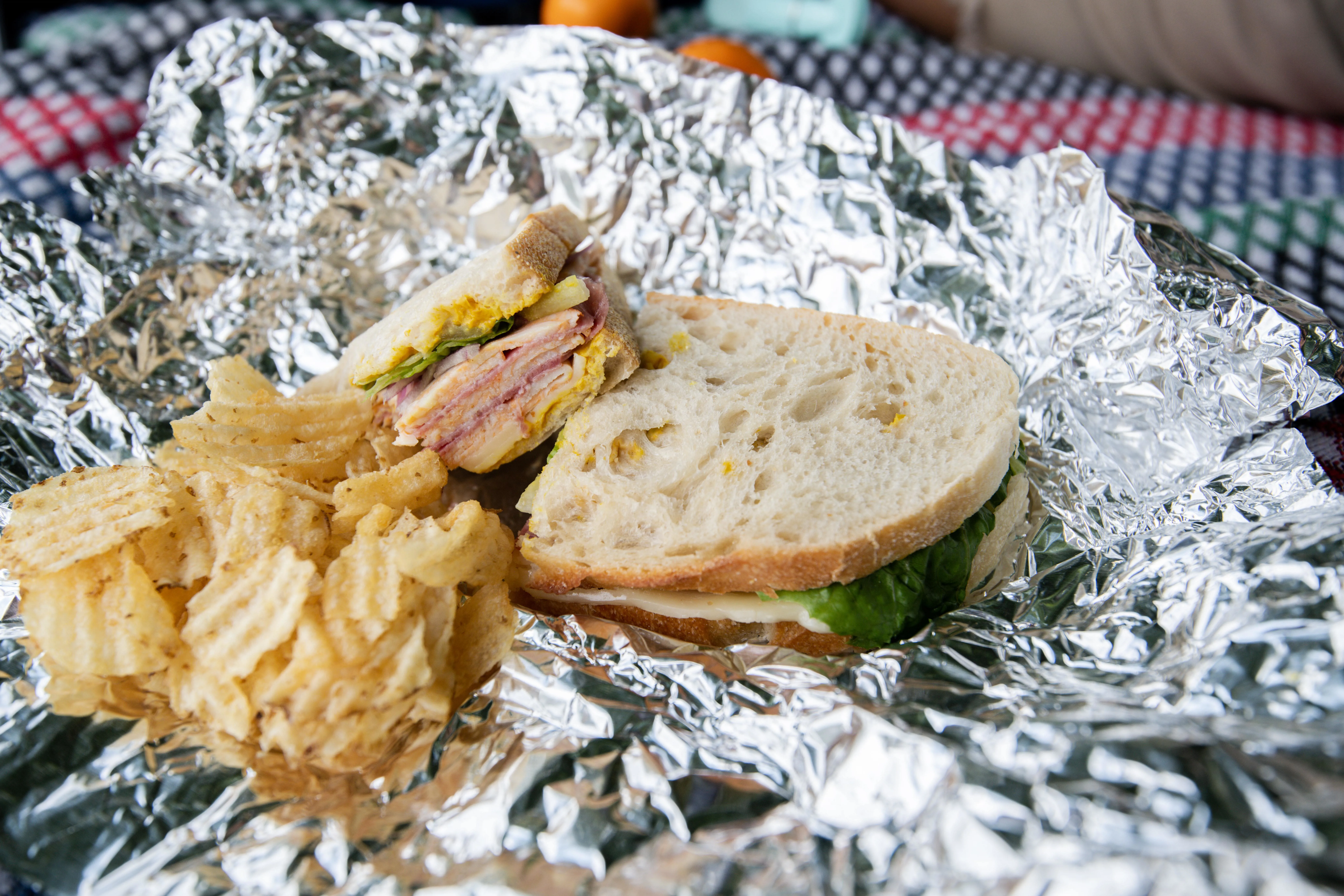
Foil
Wipe down foil, then wash foil trays in used washing-up water (it doesn't need to be the cleanest water to rinse items).
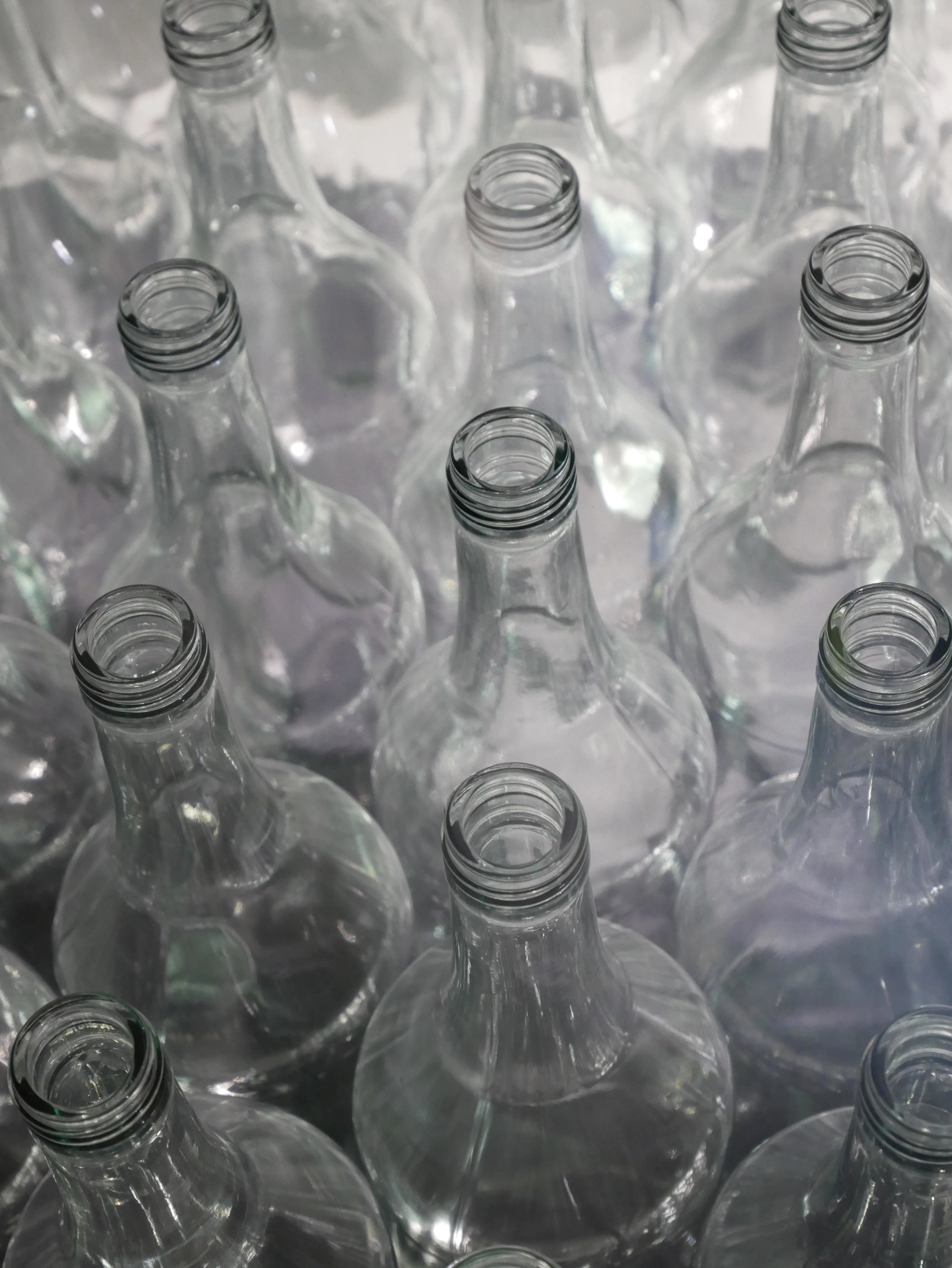
Glass bottles
Empty out any liquid. Add a small amount of water, put the lid back on and give it a shake, then drain. They can now be placed into your glass recycling stream.
Put lids and caps back on: this reduces the chance of the caps getting lost during the sorting process.
Remove any corks and add to compost.

Paper
Only place clean paper into your paper recycling stream. Add any paper stained with food, paint, etc. to general waste.
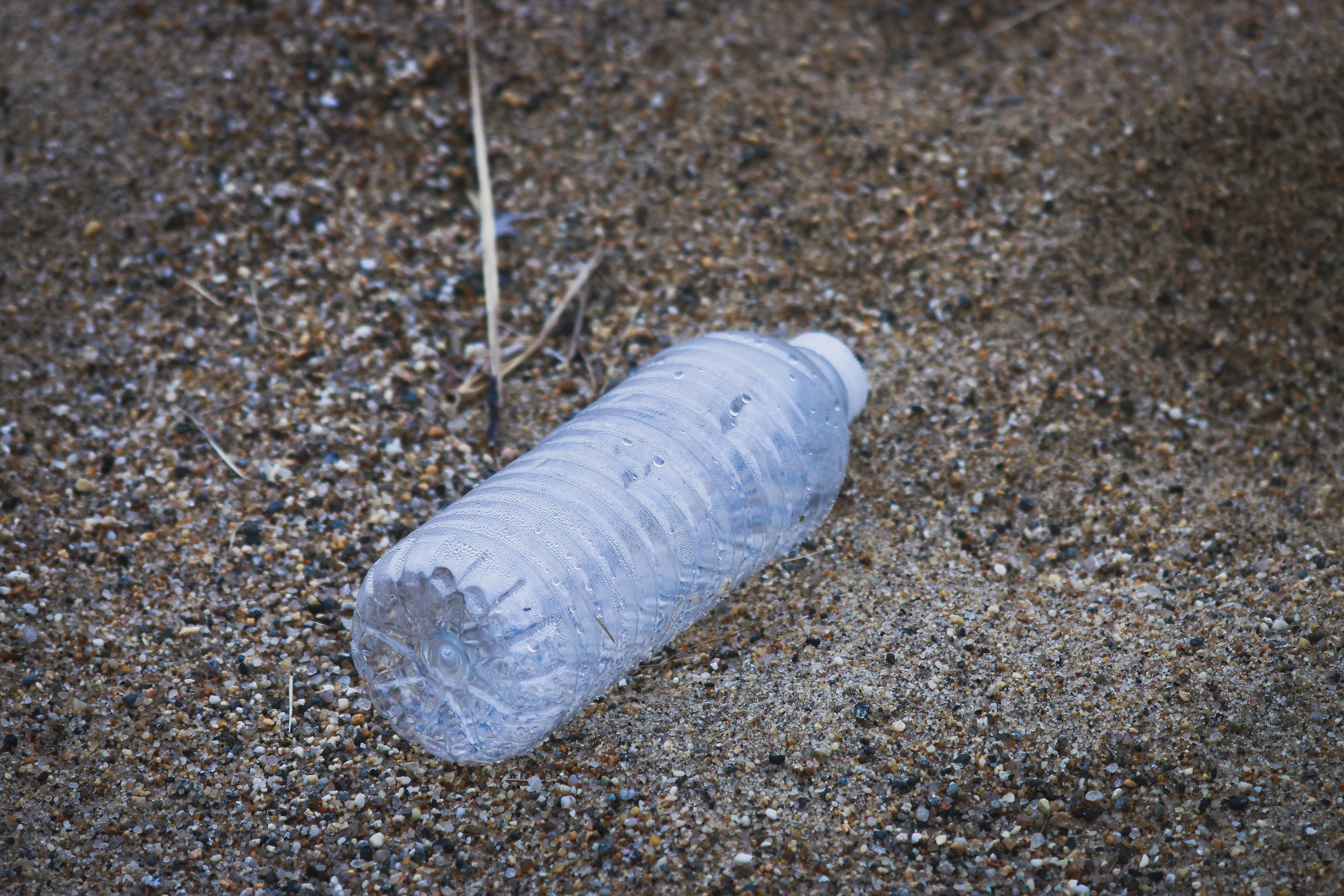
Plastic bottles (not including any containing hazardous chemicals, e.g. anti-freeze)
Empty plastic bottles and drink containers, rinse, then replace the lids and tops.
Squash the bottles to save some space, you can also leave the labels on as these will be removed during the recycling process
Bottles with pumps and triggers will need a separate recycling stream, such as First Mile's Single-Use Plastics recycling service.
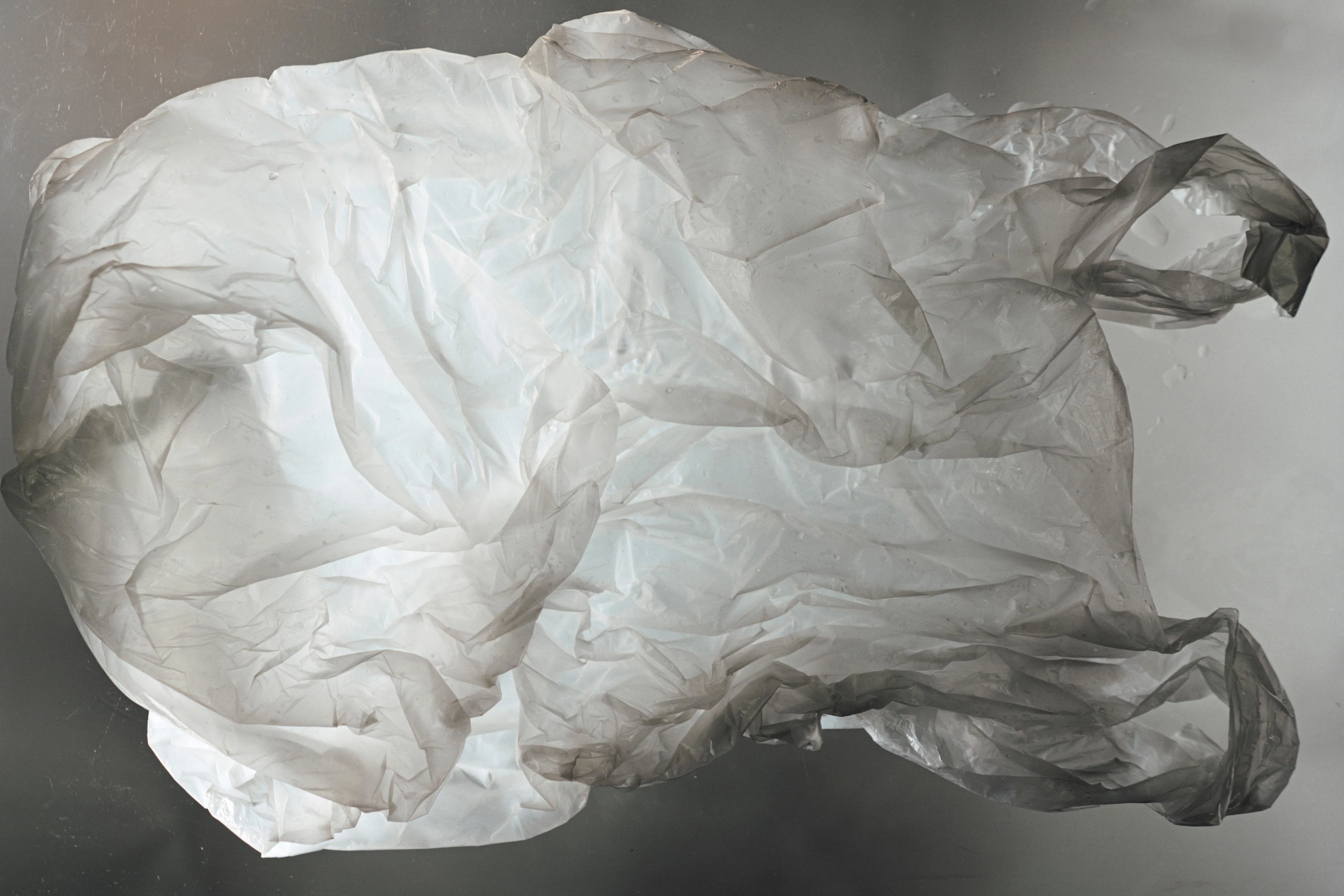
Plastic bags and plastic wrappers or films
Ensure they're clean enough to go into flexible-plastics recycling.
Make sure to tear off any sticky labels.
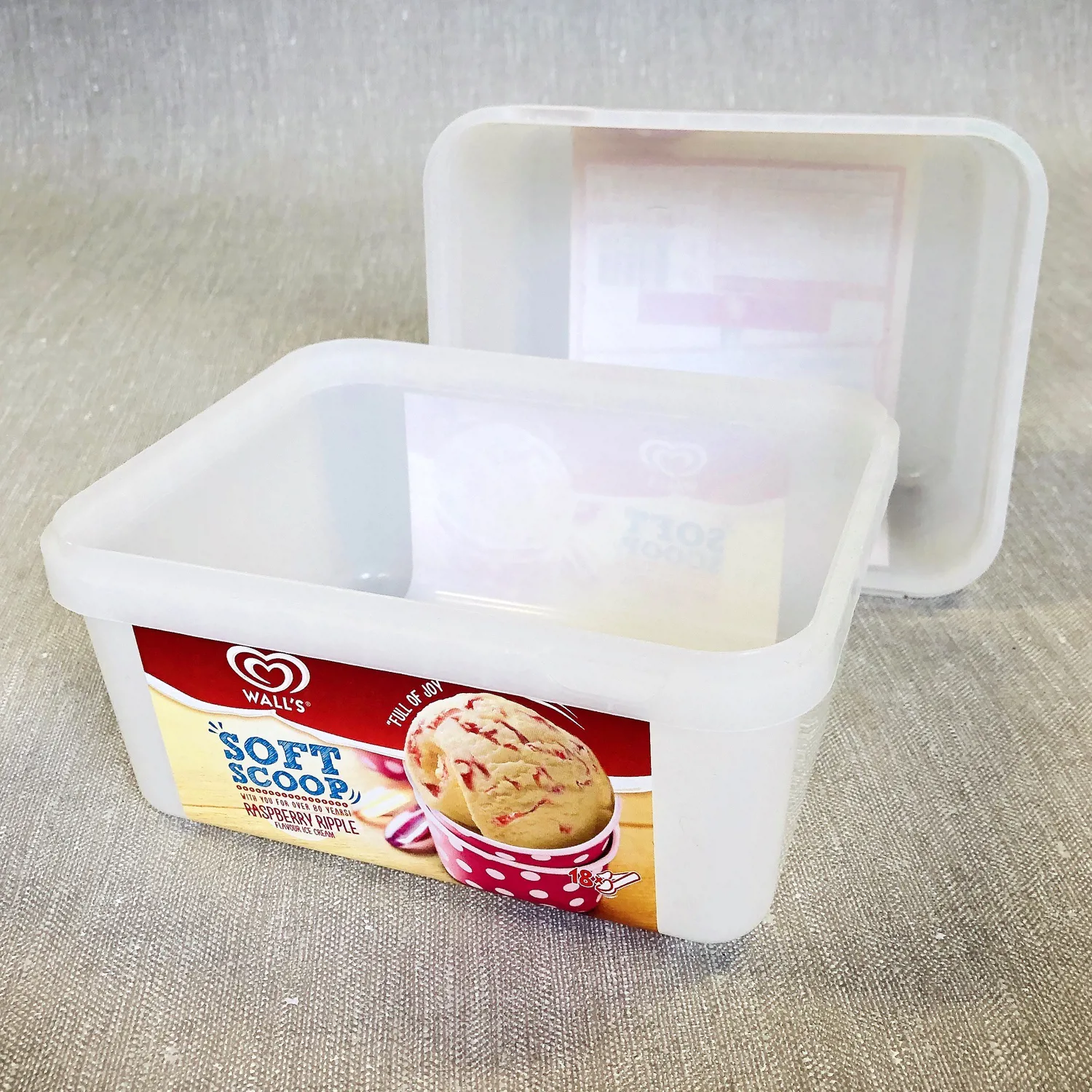
Plastic tubs
This includes plastic pots, tubs and trays, e.g. yoghurt and soup pots, margarine and ice-cream tubs
Scrape out any excess food waste. They don't have to be spotless as recycling facilities will rinse them. You can leave labels and lids on.
Remove plastic film and absorbent pads (put these in general waste). Then remove any film lids from the pots or trays (you can recycle these with plastic bags at major supermarkets).
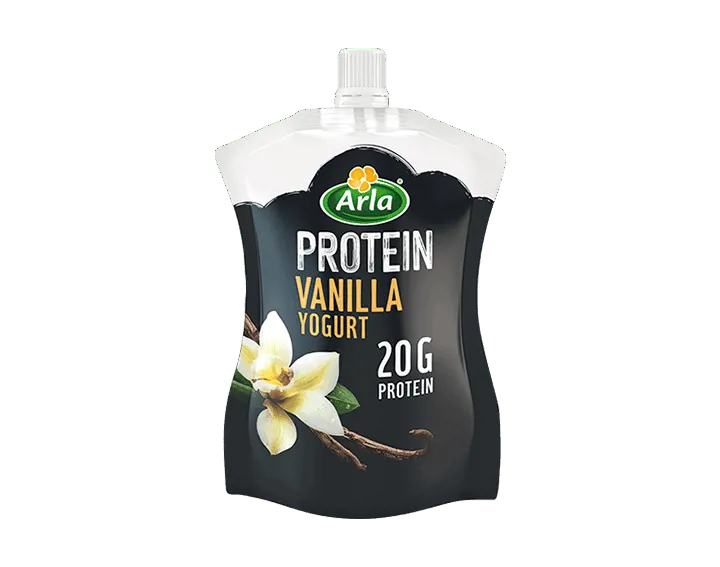
Pouches
Rinse, then recycle at selected retailers or add to general waste.
Coffee pouches should be put in your general waste bin, or recycled through First Mile's Return & Recycle service.
When you use First Mile for your waste management, you can be sure that absolutely none of your scraped clean packaging goes to landfill during the recycling process. Instead, it all gets broken down and recycled, but we can't recycle contaminated materials.
Businesses can sign up to First Mile's general waste collection for their contaminated waste. Once the recycling load arrives at our facility, we'll sort it to remove any possible recyclables, then transport the rest to an Energy from Waste facility to be incinerated – a process that generates electricity and heat that powers homes in the UK. Any by-products are used in the construction industry.
If you want to stay up to date with all things recycling, follow us on Twitter and Instagram.



